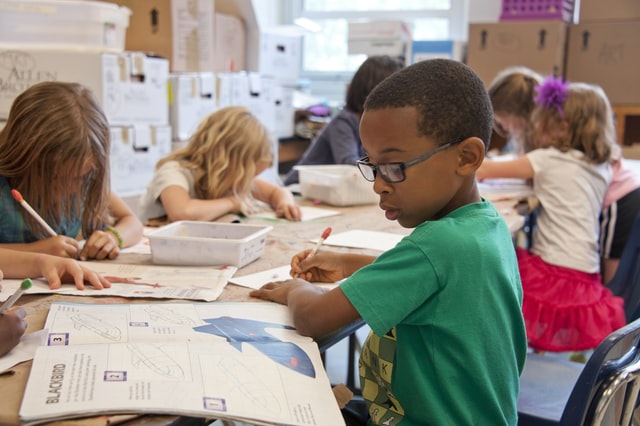Karen Wespieser is COO at Parent Ping, the daily survey app that brings us fascinating insights about parents and their experience of looking after children.
Unless schools are open, parents can’t work
It has been argued that re-opening schools is as much about economics as it is about education.
When schools shut in March for the first lockdown, the impact was felt not only by pupils who according to researchers are three months behind, but also by parents. It also brought into sharp relief important questions about the purpose of school. It has been argued that re-opening (and keeping open) schools is as much about economics as it is about education – unless schools are open, parents can’t work.
Over the course of the summer, Parent Ping regularly asked ‘what is the purpose of school?’ While it is obvious that this is a question with more than one answer, it is interesting to look at the extent to which parents consider the importance of the different options. We tested three commonly cited purposes:
- To give all learners the basic skills to access and drive their own learning
- To prepare children for the world of work
- To provide childcare so parents can work.
Basic skills to access and drive their own learning
Learning how to learn – or metacognition, to give it its fancy title – was the purpose that most parents agreed with by far. Overall, 65% of parents agreed or strongly agreed that this is the purpose of school. Looking at the detail, slightly more dads than mums agreed as did slightly more parents with secondary-aged kids than primary.
65% of parents agreed that learning how to learn is the purpose of school.

But is this the purpose of education or is it the purpose of schooling? A dramatic increase in the proportion of parents electing to home-school their children this year suggests that metacognition can be taught in a variety of settings.
Preparing children for the world of work
Over a third of parents agreed that the purpose of school is to prepare children for the world of work. However, it is also the area parents felt most ambivalent about, with 27% sitting on the fence and selecting the (neutral on the response scale.
Over a third of parents agreed that the purpose of school is to prepare children for the world of work.
Interestingly, preparing for the world of work is the only school purpose that mums agree with more than dads – although only by a small amount. Whilst parents who work as teachers agreed to the same extent overall as non-teachers, the non-teachers strongly agreed more frequently that preparation for work is the purpose of school.

Providing childcare so parents can work
Educators will be pleased to hear that, despite the economic argument highlighted by the Covid-19 lockdown, providing childcare was the most contentious purpose for schooling with a majority of parents disagreeing and only 5% agreeing (and very few sitting in on the fence). Dads and parents who do not work as teachers were slightly more in agreement than other groups, but the proportion still remains low.
The majority of parents disagree that the purpose of school is to provide childcare.

What does school mean to you?
So, what does all this tell us about the purpose of school? Well, for one thing, it’s complicated! School means different things to different people at different times. We also need to remember that we have only tested three hypotheses here about the purpose of school, undoubtedly there are more. If you have suggestions for other purposes that we should ask about, get in touch on our social channels and let us know.
Download the app to answer questions about parenting, learn from others, and be part of a powerful voice in important conversations.
Oriel Square can work for you in all the key areas of content development for school-age education. If you are interested in how we can help your organisation, please get in touch.

